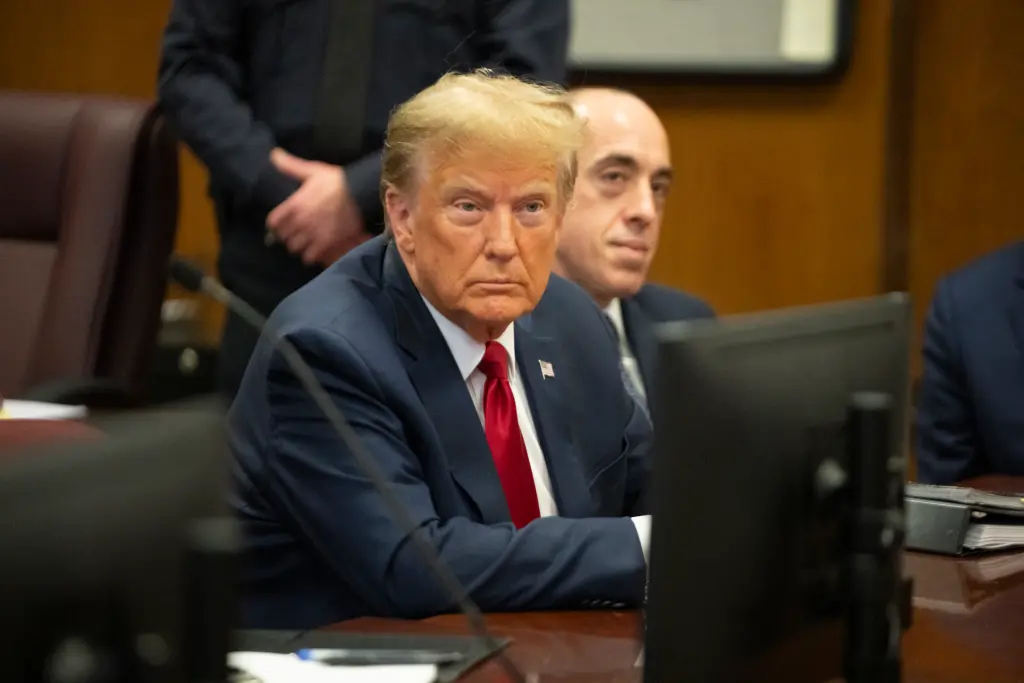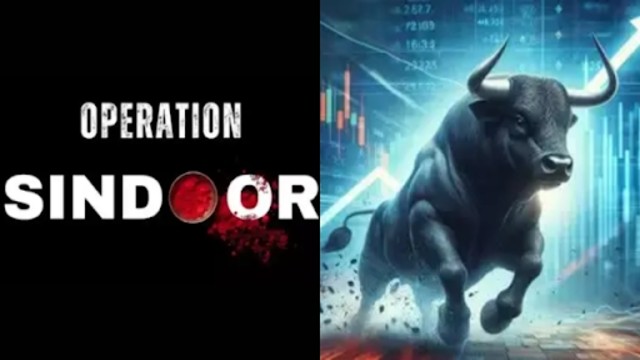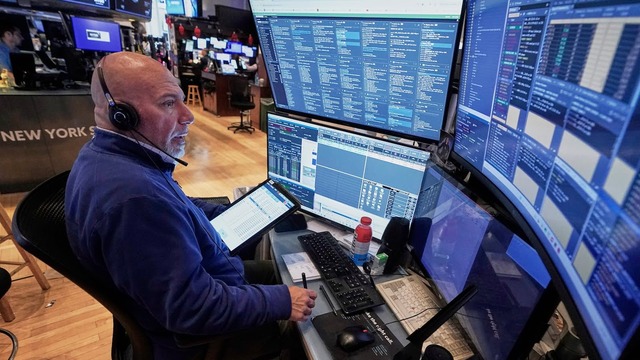
Truth Social's stock debut sparks volatility amid Trump ties. Financial experts analyze its meme stock status & business fundamentals. (NY Post)
The debut of Truth Media & Technology Group, the company linked to Donald Trump's Truth Social platform, ignited a flurry of trading activity on Tuesday. However, financial experts caution against viewing it solely through the lens of a "meme stock" phenomenon, emphasizing the underlying realities of its business.
Following its initial surge to nearly $80 per share, Truth Media & Technology Group's stock experienced a late-day decline, closing at $57.99, marking a 16% increase for the day. This volatility evoked memories of the Reddit-fueled rallies seen with stocks like GameStop and AMC, where retail investors aimed to squeeze short-sellers.
Jay Ritter, a finance professor at the University of Florida, noted that while the stock may be attracting attention akin to meme stocks, the motivations differ. He suggested that the surge may be driven more by Trump supporters demonstrating loyalty rather than a concerted effort to punish short-sellers.
Despite hitting a market capitalization of over $10 billion at its peak, the company's financials reveal a stark contrast. With reported operating losses of $10.6 million in the first nine months of 2023 on meager revenue of $3.4 million, it's evident that the stock's valuation is detached from fundamental performance.
David Kaufman, an IPO expert, labeled the stock's surge as a "PR gambit," highlighting the deviation from typical trading based on fundamentals. The company's focus on building its business while expecting ongoing losses further underscores its speculative nature.
Truth Social's user base of 494,000 monthly active users in February pales in comparison to established social media platforms like Facebook and Meta-owned Threads, signaling significant challenges ahead.
While the company emphasizes its commitment to providing a platform for free expression, doubts persist regarding its ability to generate sustainable growth and revenue. Ritter expressed skepticism about the company's prospects, suggesting a disconnect between its stock price and actual value.
The company's recent public debut via a SPAC merger injected $300 million into its balance sheet, but uncertainties remain regarding its ability to translate this cash infusion into tangible growth.
Moreover, restrictions on major shareholders, including Trump, from selling their shares for six months could further impact the stock's trajectory. Trump's legal obligations, including a $175 million bond payment in a civil fraud case, add another layer of complexity to the situation.
As the company navigates these challenges, its stock's performance in the coming weeks, months, and years will be closely scrutinized, with questions lingering about its long-term viability and the extent of Trump's involvement.















